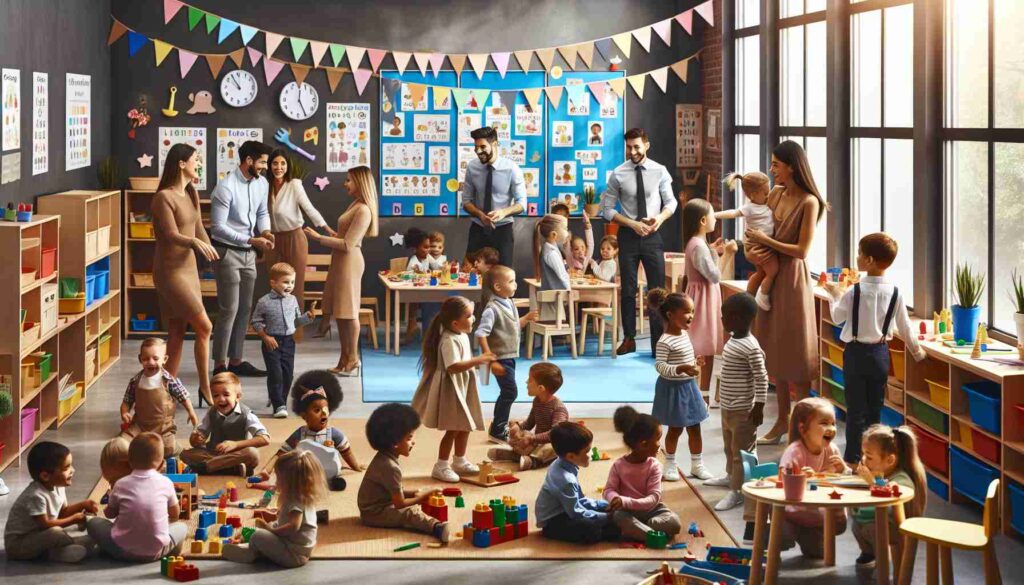Why Early Education Matters?Research shows that children who start kindergarten with basic skills in language, reading, and social interactions do better in school and life. For example, kids with strong language skills often achieve 30% higher academic success later. Parents and teachers help build these skills through daily activities like reading and talking. Making quality preschool affordable also ensures more children get this critical start.

Early Education Builds Problem-Solving and Critical Thinking
Play is a big part of early learning! Structured play, like games or creative activities, helps develop skills like memory, flexible thinking, and self-control—all important for learning. The Reggio Emilia approach, which lets kids learn through hands-on projects and art, shows how active participation builds both skills and social connections. As technology changes jobs, early education that fosters creativity and teamwork prepares kids for the future.
High-Quality Early Education Strengthens Social and Emotional Skills
Good childcare programs don’t just care for kids—they help them grow emotionally and socially. After the COVID-19 pandemic closed many centers, states are stepping up. For example, Maryland offers grants to improve care quality, while Alabama partners with doctors for children’s health. High-quality care reduces screen time, encourages outdoor activities, and even supports families dealing with hunger.
Making Early Education Affordable for All
Affordable access to early education is key. It not only helps kids develop but also lets parents work or study. States can use strategies like grants, health partnerships, and training programs to make high-quality care more available. Investing in early education pays off in better health, earnings, and lifelong learning.
Why Parental Involvement Matters in Early Education
Parents play a crucial role too! When families and schools work together, kids have better self-esteem, school attendance, and academic performance. While more research is needed in places like Latin America, global studies show that parental involvement creates a positive school climate and helps kids feel connected to their learning.
Conclusion
Early education shapes a child’s future in many ways—from building thinking skills through play to nurturing social growth in quality programs. Making it affordable and involving parents are essential steps. By prioritizing early education, we give every child a stronger foundation for success.



